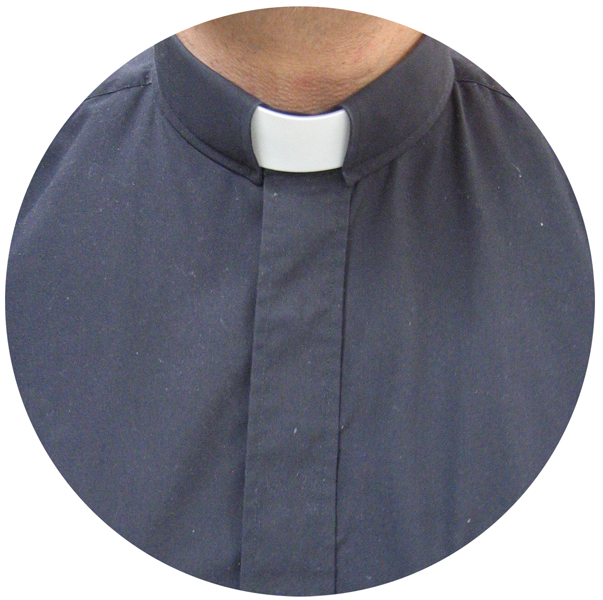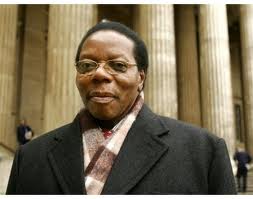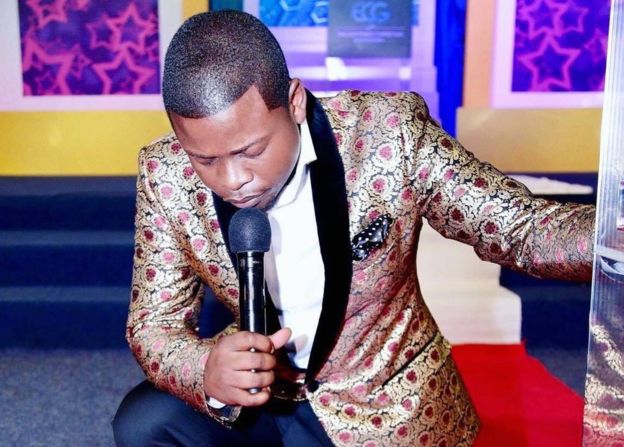By Catholic News Service
“The threat of war is a major concern, especially coming from the head of state,” the Association of Diocesan Catholic Clergy of Malawi, the Association of Religious (Women) Institutes of Malawi and the Association of Men Religious Institutes of Malawi said in a Sept. 3 statement.
Bishop Zuza invoked the ire of President Bingu wa Mutharika when, in a mid-August sermon, he said Malawi’s social, political and economic problems “are of our own making, depending on our respective roles.”
Responding to the bishop’s remarks in an Aug. 25 speech in Blantyre, Mutharika said he would “deal with the nongovernmental organizations which are leading people to protest against my leadership,” adding that his “patience is wearing thin, let us fight.” He said people thought he was a fool, “but you’re wrong because, when I spring up, you’ll see.”
The Sept. 3 statement said religious leaders “are harassed, threatened, disrespected, denounced when they practice their prophetic role” and noted that “any attempt to attack the clergy is an attack on the church.”
“We are aware that the tirades of public outbursts from some quarters of society against Bishop Zuza are as a result of the homily,” the statement said, noting that “some people are insinuating” that the bishop “was motivated by elements from the opposition, while others are saying he was attacking the state president, and some are taking it personally.”
Noting that the church has an “obligation and inherent right, independent of any human authority, to preach the word of God,” the priests and religious said they “strongly believe that what the bishop did was fulfilling his rightful duties.”
They affirmed their solidarity with Bishop Zuza and said they “wholeheartedly agree with the content of the homily.”
“We ardently desire a peaceful Malawi where tolerance and peaceful means of resolving differences are encouraged,” the statement said.
Nineteen people died in clashes with Malawi police during July 20-21 protests against government policies and a shortage of fuel and foreign currency.
The United States and Britain have cut aid to Malawi, which depends on donors for as much as 40 percent of its budget, because of disagreements with Mutharika and the police response to protests.
BREAKING NEWS
- Bianca Censori wears completely see-through top without bra during cinema date with Kanye (see photos)
- Ruling in Chisale’s certificate case set for July 30
- “Under no circumstance should any woman ever move in with a man who hasn’t paid her bride price” – Pastor Advices
- Court Acquits 20Year-Old Man Over Sodomy Case
- Former MDF Commander Major General Buxton Titus Namwali dies
- Young Mozambican Couple Rescued From Self-slaughter (Watch Video)
- President William Ruto offers key Cabinet positions to Raila Odinga
- Bushiri’s extradition case awaits ruling
- Former MDF Commander Vincent Nundwe Appointed Malawi Ambassador to Morocco
- This Old Man Is Enjoying His Last Days: See What This Woman Was Caught Doing To An Old Man At A Drinking Joint (Watch Video)






No comments! Be the first commenter?